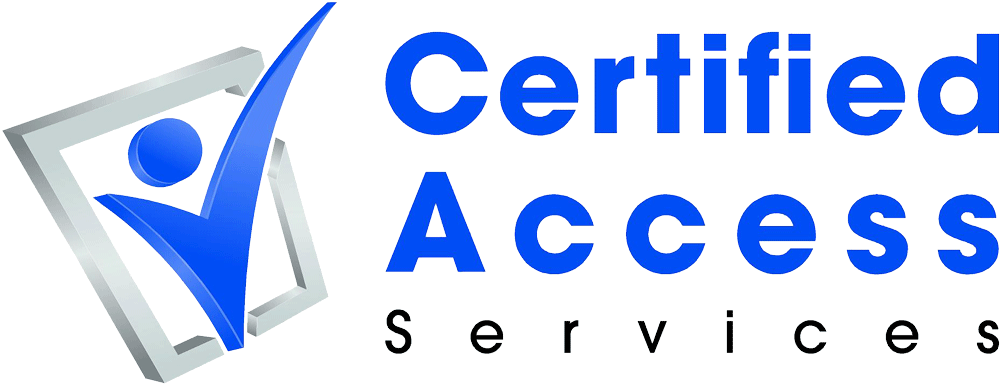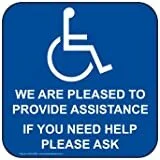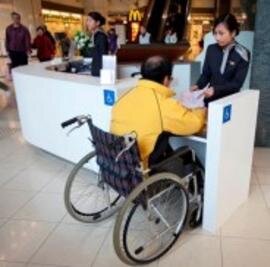MYTH - "I can just assist disabled customers instead of fixing my ADA violations."
/MYTH:
“If a disabled person arrives to my business, I can just help them instead of fixing my ADA violations.”
FACT:
Providing assistance is NOT a substitute for compliance.
Disabled customers shall not be required to ask for assistance.
Posting a sign that states “We are happy to provide assistance” is not prohibited, however if the intention is to use staff assistance as a substitute for providing a compliant facility, you may end up in hot water. Providing an accessible environment is required regardless of posted signage and store policies. For instance, If your transaction is greater than 34” high, you must lower a 36” minimum portion of the counter if it is “Readily Achievable” to do so. If lowering the counter is not “Readily Achievable”, using staff assistance is a temporary means of providing access until lowering the counter becomes “Readily Achievable”. It is important to note that using staff assistance to provide access does not limit a serial litigant’s ability to target a non-compliant facility. We highly recommend having your facility evaluated by a CASp so that you can navigate short term and long term solutions for providing an accessible environment for your customers.
Contact a Certified Access Specialist (CASp)
There are many nuances and interactions between state and federal requirements. We highly recommend that you consult with a CASp if you have any questions about your facility. Please don’t hesitate to contact us.


